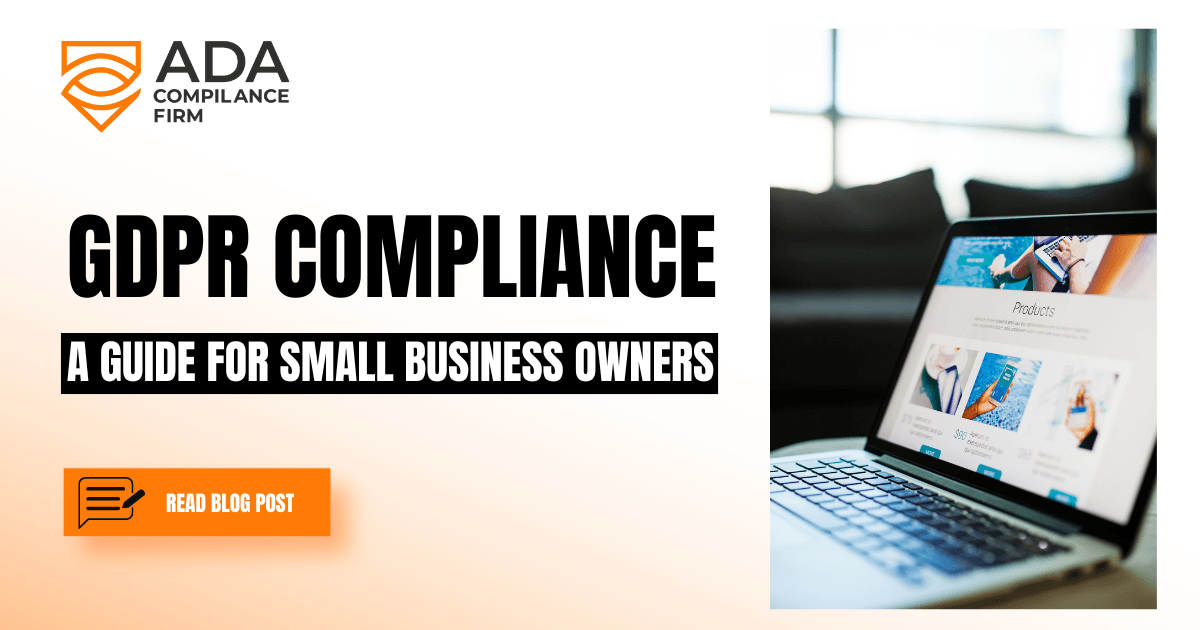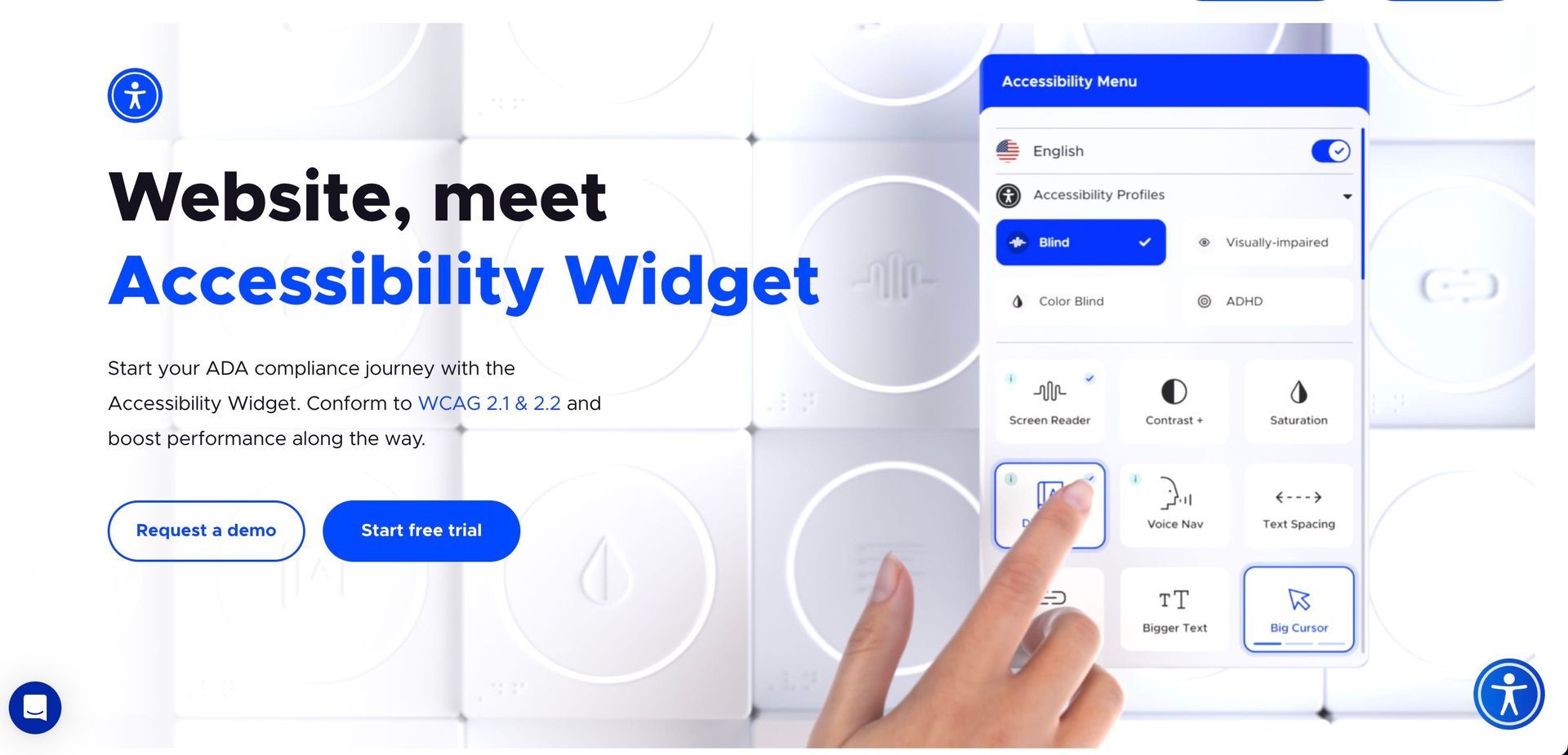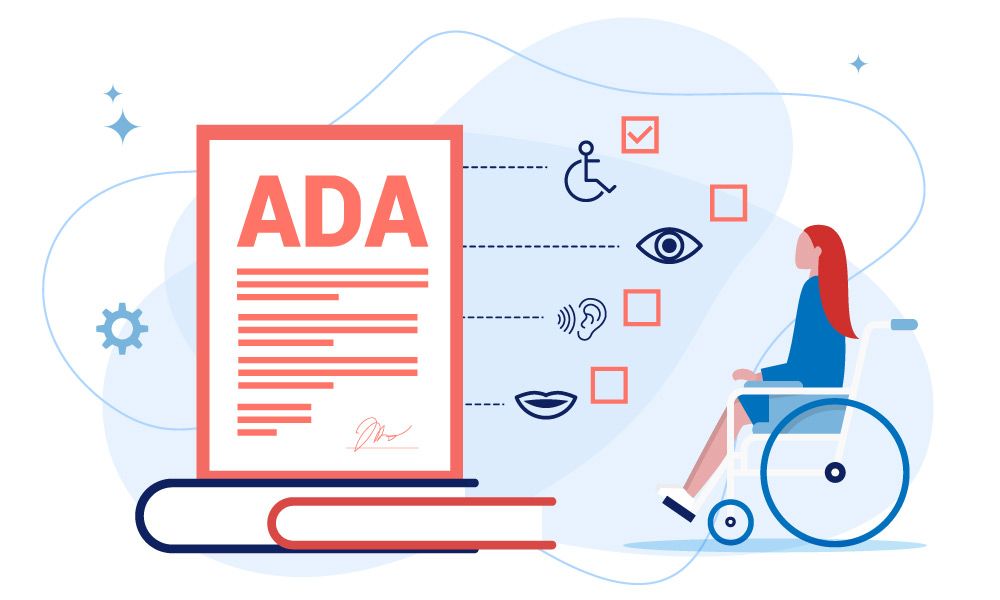GDPR Compliance: A Guide for Small Business Owners

GDPR Compliance: A Guide for Small Business Owners
The General Data Protection Regulation (GDPR) is a major piece of EU legislation that came into effect in 2018. It aims to strengthen and harmonize data protection for individuals within the EU, and also applies to businesses outside of the EU that process the personal data of EU citizens.
As a small business owner, it's important to understand the requirements of GDPR and ensure that your company is compliant. Failure to comply with GDPR can result in significant fines and damage to your reputation.
In this blog post, we will provide a comprehensive guide to GDPR compliance for small business owners. We'll cover the key requirements of GDPR, the steps you need to take to ensure compliance, and how to handle data breaches and other incidents. We'll also offer tips and best practices for protecting personal data and building trust with your customers.
Whether you're just starting out or have been in business for a while, this blog post will provide the information you need to navigate the complex world of
GDPR compliance.
Why should a business become GDPR compliant?
There are several reasons why a business should become GDPR compliant. Reference the information below to learn about why we recommend ensuring your website is in compliance.
- Legal obligations: The GDPR imposes legal obligations on businesses that process the personal data of EU citizens, regardless of the location of the business. If a business fails to comply with GDPR, it could be subject to significant fines and other penalties.
- Customer trust: Customers are increasingly concerned about the protection of their personal data. By demonstrating that you take data protection seriously and are GDPR compliant, you can build trust with your customers and improve their overall experience.
- Competitive advantage: Being GDPR compliant can give your business a competitive edge in today's digital marketplace. Customers are more likely to do business with companies that are transparent and responsible with their personal data.
- Data breaches: A data breach can have serious consequences for a business, including financial losses, damage to reputation, and legal liabilities. By implementing appropriate safeguards and following GDPR requirements, you can reduce the risk of a data breach and protect your business from its potential consequences.
- Global recognition: GDPR is recognized as the gold standard for data protection and is often used as a model for other countries when developing their own data protection laws. By becoming GDPR compliant, you can demonstrate your commitment to protecting personal data and ensure that your business is prepared for the evolving global data protection landscape.
How does a business become GDPR compliant?
Becoming GDPR compliant can seem overwhelming, but it's an important step for any business that processes the personal data of EU citizens. You can learn more about all of the compliance requirements you need on your website here.
Here are some key steps to take to ensure GDPR compliance:
- Understand your legal obligations: Familiarize yourself with the requirements of GDPR and how they apply to your business. You may need to appoint a data protection officer (DPO) depending on the size and type of your business, and you'll need to ensure that you have appropriate safeguards in place to protect personal data.
- Conduct a data audit: To ensure GDPR compliance, you'll need to understand what personal data you hold, where it came from, and how it's being used. This will involve conducting a thorough data audit and mapping out your data flows.
- Review and update your policies and procedures: GDPR requires businesses to have clear and concise policies and procedures in place for handling personal data. Review your existing policies and procedures and make any necessary updates to ensure compliance.
- Obtain consent: GDPR requires that you obtain explicit consent from individuals before collecting or processing their personal data. This means that you'll need to review your consent processes and ensure that they meet GDPR requirements.
- Implement appropriate safeguards: GDPR requires businesses to implement appropriate technical and organizational measures to protect personal data. This may include measures such as encryption, secure servers, and robust access controls.
- Train your staff: Ensure that your staff are aware of their obligations under GDPR and are trained on how to handle personal data in a compliant manner.
- Monitor and review your compliance: GDPR compliance is an ongoing process. Regularly review and monitor your policies and procedures to ensure that they are up to date and that you are meeting your legal obligations.
By following these steps, you can ensure that your business is GDPR compliant and protect the personal data of your customers.
What should a business owner do now to get GDPR compliant?
If you're a business owner looking to get GDPR compliant, there are several steps you can take. Make sure to remember you will also need to be ADA compliant, GDPR compliant, and install Data Privacy Compliance throughout your site.
- Familiarize yourself with the requirements of GDPR: Take the time to understand the key requirements of GDPR and how they apply to your business. This will help you identify any areas where you may need to make changes to ensure compliance.
- Conduct a data audit: To ensure GDPR compliance, you'll need to understand what personal data you hold, where it came from, and how it's being used. Conducting a data audit will help you map out your data flows and identify any potential risks.
- Review and update your policies and procedures: GDPR requires businesses to have clear and concise policies and procedures in place for handling personal data. Review your existing policies and procedures and make any necessary updates to ensure compliance.
- Obtain consent: GDPR requires that you obtain explicit consent from individuals before collecting or processing their personal data. Review your consent processes and ensure that they meet GDPR requirements.
- Implement appropriate safeguards: GDPR requires businesses to implement appropriate technical and organizational measures to protect personal data. This may include measures such as encryption, secure servers, and robust access controls.
- Train your staff: Ensure that your staff are aware of their obligations under GDPR and are trained on how to handle personal data in a compliant manner.
- Monitor and review your compliance: GDPR compliance is an ongoing process. Regularly review and monitor your policies and procedures to ensure that they are up to date and that you are meeting your legal obligations.
By following these steps, you can ensure that your business is GDPR compliant and protect the personal data of your customers.
Get Your Website GDPR Compliant
The General Data Protection Regulation (GDPR) is a major piece of EU legislation that aims to strengthen and harmonize data protection for individuals within the EU. Businesses that process the personal data of EU citizens, regardless of their location, are required to comply with GDPR. Failure to do so can result in significant fines and damage to a business' reputation.
To ensure GDPR compliance, small business owners should familiarize themselves with the requirements of GDPR, conduct a data audit, review and update their policies and procedures, obtain consent, implement appropriate safeguards, train their staff, and regularly review and monitor their compliance.
By following these steps, businesses can protect the personal data of their customers and build trust with them. You can hire our team at ADA Compliance Firm to ensure your website is 100% compliant by getting a
free quote here.
Join our newsletter
Recent Blog Posts
















